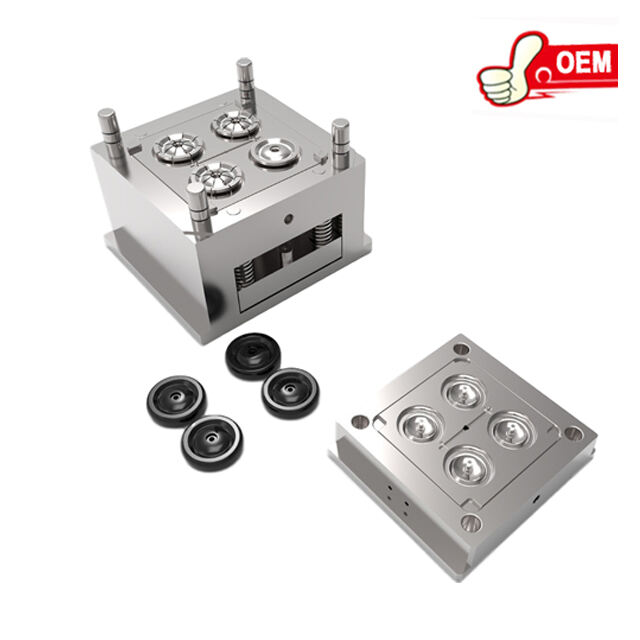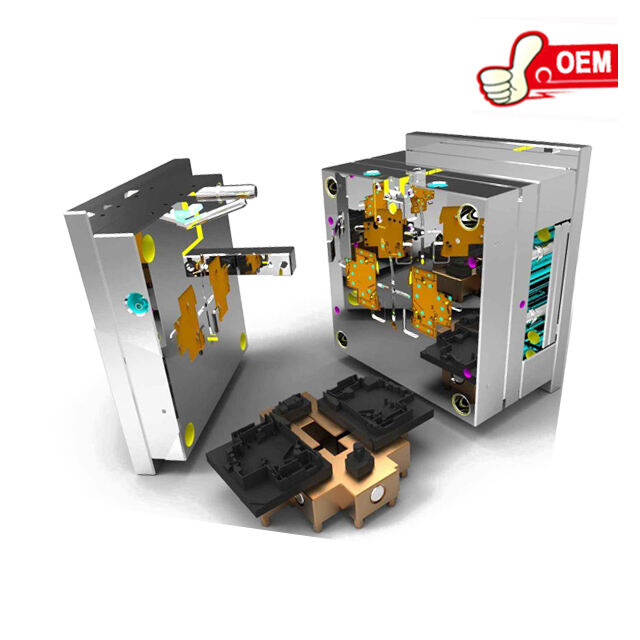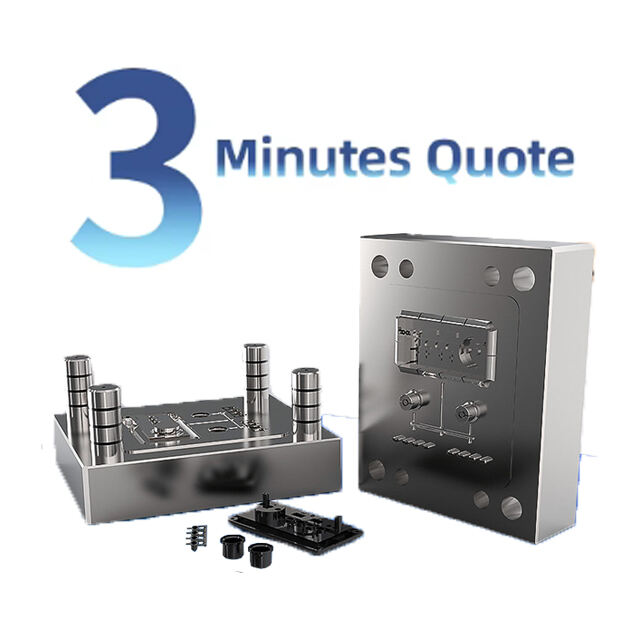large plastic molds
Large plastic molds are precision-engineered tools designed for the mass production of plastic products. These molds are primarily used in injection molding processes where molten plastic is injected into the mold cavity to cool and solidify into the desired shape. Key functions of large plastic molds include shaping, forming, and trimming large-scale plastic parts and products. Technological features such as high-precision machining, durable materials, and complex geometries enable the molds to produce items with tight tolerances and intricate details. Large plastic molds find extensive applications across industries, from automotive and aerospace to consumer goods and electronics, where they manufacture parts like automotive panels, storage containers, and electronic enclosures.


